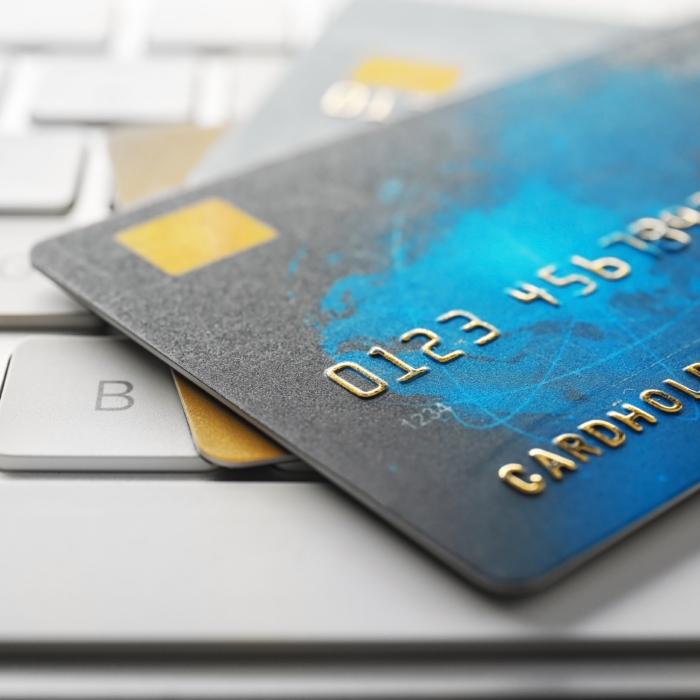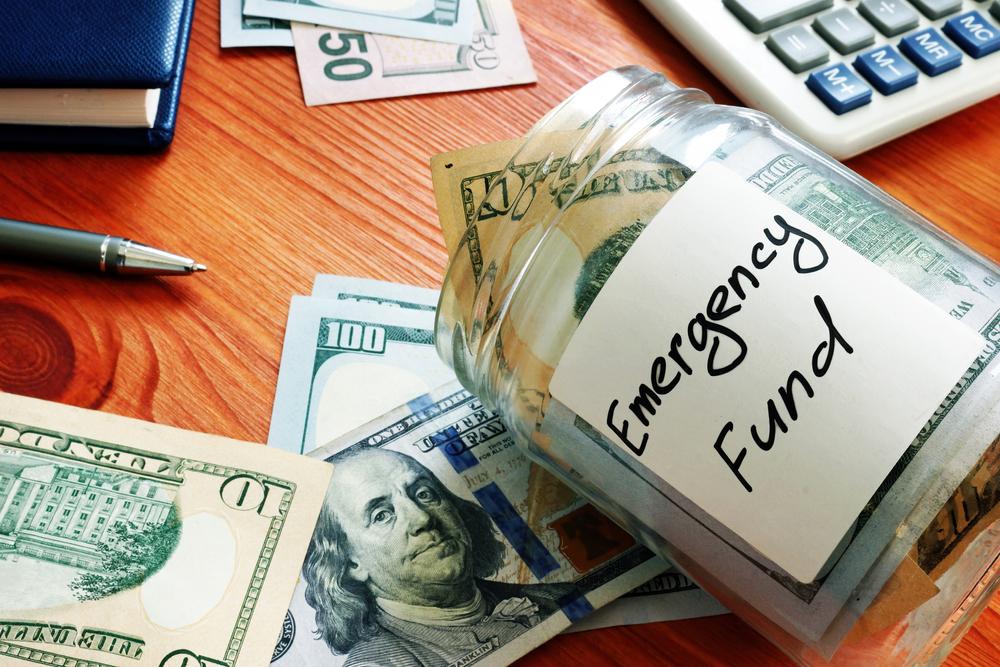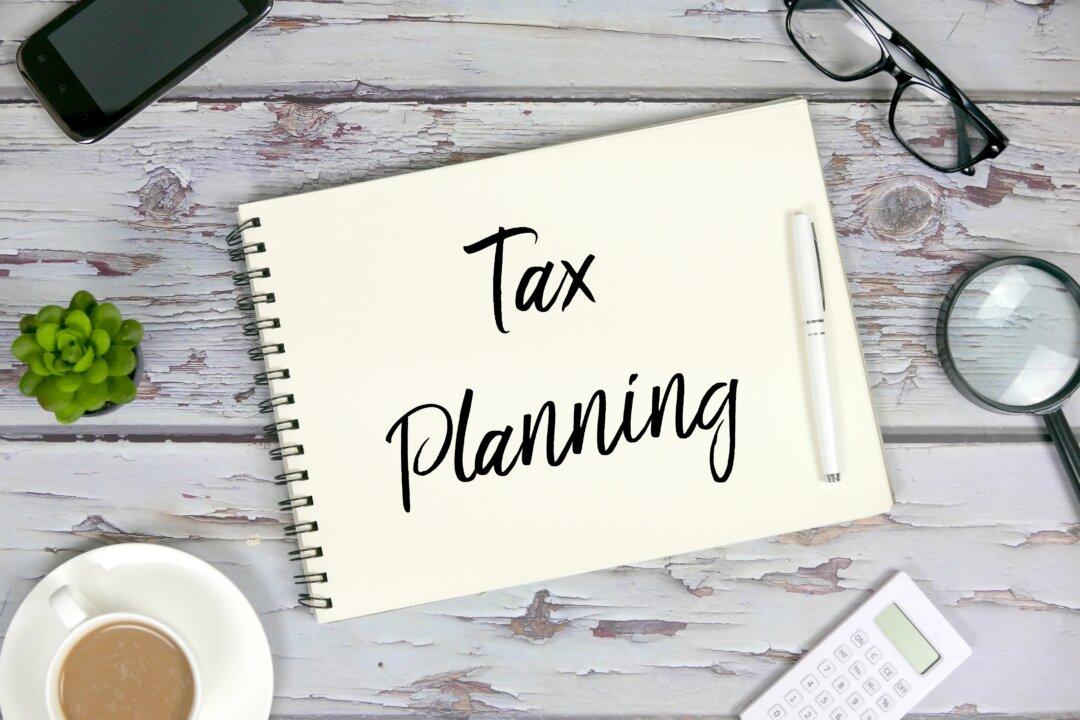If your goal is to teach your child or grandchild how to manage money, then opening a kid’s savings account is a great place to start.
A kid’s savings account is a special joint bank account type. Most kid’s savings accounts feature budget tools to help kids learn how to manage money and parental-monitoring features that limit how much a minor may withdraw from an ATM or account and what locations are allowed.
Below, you’ll find our picks for the best savings accounts for kids and minors under 18. We picked these institutions because they stand out for their minimal bank fees, decent yields, and unique perks—such as debit cards and solid interest rates—to help you manage the account.
Benefits of Savings Accounts and When to Open an Account
While you can always just head down to a local bank or credit union and open a standard savings account in your child’s name, by opening up a dedicated kid’s savings account, you and your young one can benefit from many of the outstanding features that come from products specifically designed for kids and minors under 18.- With the right annual percentage yield (APY), your child can save for their future and potentially grow their savings.
- By teaching your kid financial literacy, you’re helping ensure they grow into a financially responsible adult.
- Parental controls let you view transactions and limit how much money your young one can spend.
- Some accounts come with an attached ATM so your young one/s can practice responsible use of the account.
- These accounts make it easy for parents or grandparents to set automatic transfers from their own savings or checking accounts.
- Many kid’s savings accounts have bonuses such as higher-than-standard interest rates on small balances to incentivize savings.
How to Choose the Best Savings Accounts for Your Son, Daughter, and Grandchild
When shopping for a new kid’s savings account, you should consider the following features:- Fees: The best kid’s savings accounts have little to no fees. Since kids’ accounts typically don’t contain a lot of money, monthly fees can cut into savings substantially.
- Minimum opening deposit: This is the amount of money you need to fund your kid’s savings account to activate it. The best kid’s savings accounts have a low (or no) minimum.
- Minimum balance requirement: Savings accounts sometimes charge a fee if the account balance goes below a predetermined number. Considering the low amounts your kid will be saving, it’s best to avoid kid’s savings accounts that penalize your young one for a low balance.
- Mobile deposit: Whether it’s your teen’s paycheck or a celebratory check from a family member, mobile deposit lets you or your kid skip a trip to the bank or credit union. A quick photo and the funds go right into the savings account.
- Gifting features: Relatives and close friends may be interested in contributing to your kid’s savings account. A good kid’s savings account should make it simple for multiple people to contribute directly to the account, so everything doesn’t have to go through you.
- Financial literacy resources to teach basic money concepts: As a parent, you may lack the time and expertise to teach your kid financial literacy skills. Look for an account that provides financial literacy content to help kids learn the basics.
- Extra banking services: Additional banking services can be anything from parental controls to online banking or easy transition to adult bank accounts.
- APY: The APY for kid’s savings accounts varies widely, but generally, the higher the APR, the faster it will help your kid’s money grow. A high APY can be instrumental in teaching your kid how compound interest works.
Best Savings Accounts for Kids 2023
What’s the best savings account for kids? This is a common question that every parent and guardian asks whenever they’re planning for their young one’s future.1. Best Saving Accounts for Kids Overall: Capital One’s Kids Savings Account
Capital One Kids Savings Account is arguably the best savings account for kids and is available nationwide. While many other top kids’ savings accounts are online-first, Capital One is one of the few brick-and-mortar banks.This account can be opened at any age, requires a $0 minimum balance to open, and charges zero monthly service fee. The automatic savings plan can help your son or daughter make scheduled, regular deposits to their account. Just note that if the kid is younger than 12 years, the adult has to be a parent or guardian.
Although APYs are always subject to change, Capital One constantly maintains a high APY to help kids and minors under 18 earn more. The current APY on Capital One Kids Savings Account exceeds the national savings average.
It’s easy to link a parent’s bank account to this account and send automatic deposits (the linked account doesn’t have to be from Capital One). Kids who receive checks as gifts and young adults old enough to have a job can make deposits with snaps of their checks.
When kids become adults, their account automatically changes into a 360 Savings account.
APY: 0.30 percent
Minimum deposit amount: $0
- Pros:
-No minimum required balance
-No monthly fees
-Competitive APY on all savings balances
-Plenty of branches and 70,000+ fee-free ATMs
-Top-rated mobile app - Cons:
-Lacks interface for multiple savings goals
-No chore or allowance system
-APY is not as competitive compared to small-balance APYs from other kid-focused savings accounts
2. Best New Born Bank Account: USAlliance Financial’s MyLife Savings for Kids
Some parents might prefer to get their newborn’s first savings account via a credit union.While they offer many of the same products as banks, credit unions, unlike banks that are run for profit, are nonprofit organizations where the earnings are usually reinvested to provide better rates to their members.
Among credit unions, the USAlliance Financial’s MyLife Savings for Kids account is one of the baby-friendliest accounts. A standout perk is the “Birthday Bucks” feature that deposits $10 into your kid’s account through age 12.
Your infants also enjoy a very competitive APY boost (currently 2 percent) on the account’s first $500. However, savings above $500 get a low APY.
At age 13, your kid can transition to a MyLife Savings account or a MyLife Teen Checking account if they’d prefer an account with a debit card.
APY: 2 percent
Minimum deposit amount: $0
- Pros:
-No minimum requirements/fees
-Credit union membership is free and easy
-High savings rates (2 percent) on the first $500
-$10 deposit each birthday - Cons:
-A small, regional network of branches and ATMs
-The high APY has a $500 cap
3. Best Bank Accounts for Minors: Northpointe Bank Kids Savings Account
Kid’s savings accounts are notorious for shrinking interest rates as balances grow in size. The idea behind this Northpointe account is that the older your child gets, the higher their savings balance should be.The teens account can be opened for kids up to 17 years of age, and the parent or guardian must open a joint or custodial savings account as kids aren’t legally eligible to open an account on their own. To open an account, you can email or call the bank.
While there’s a $10 minimum deposit to open the savings account, this high yield savings account for minors has zero monthly maintenance fees.
APY: 1.5 percent for balances up to $1,000.00; 1.50–1.12 percent for balances $1,000.01–9,999.99; 1.12–0.35 percent for balances $10,000+.
Minimum deposit amount: $10
- Pros:
-No monthly fee
-Physical branch locations
-Highly competitive tiered APY structure - Cons:
-Lacks financial literacy resources
-$10 minimum deposit
4. Best Savings Accounts for Teens with High Interest: Spectrum Credit Union’s MySavings Youth Account
With no minimum balance (if you sign up for eStatements within the first two months of joining) and a mere $25 minimum opening deposit, Spectrum presents an exciting opportunity for your kid to watch their money grow.Kids aged 13 years and up can get their own ATM card, which gives access to 85,000+ ATMs, surcharge-free.
To become a member, you can donate to one of these three nonprofits: The Navy League of the United States (NLUS), the Financial Fitness Association, and the Contra Costa County Historical Society.
There’s an option for primary and joint memberships plus a membership for minors, which makes the minor the primary member and you (the parent or grandparent) a joint owner.
As a member, you can make transactions from their 5,000-plus branches nationwide.
APY: 0.75–7.0 percent
Minimum deposit amount: $25
- Pros:
-High APY (7 percent) on balances under $1,000
-ATM card for minors 13 and older - Cons:
-Membership may require a donation
5. Best Long-Term Savings Accounts for Kids: Alliant Credit Union Kids’ Savings Account
This account is for kids 12 and younger, with no minimum age requirement.It pays a high interest rate (3.10 percent) provided you keep a daily balance of at least $100. If your kids have specific savings goals, such as saving for a bike or college tuition, you can set up supplemental accounts for them
The Alliant Credit Union Kids’ Savings Account also comes with an ATM card, so your child or grandchild will be able to make transactions at 80,000 Alliant ATMs. The downside is that this credit union is online only, meaning you won’t be able to walk into a branch with your kid.
Opening an account with Alliant usually entails specific membership requirements. Still, the credit union allows you to join online from anywhere in the United States if you donate $5 to Foster Care to Success.
APY: 3.10 percent
Minimum deposit amount: $5 (Alliant will pay it for you)
- Pros:
-Option to add a checking account at age 13
-Resources on teaching kids to save money
-80,000+ ATMS surcharge-free
-Option to waive monthly fee
-High APY without tiers - Cons:
-Can only earn interest on balances of $100 or more
-No physical branches
6. Best Savings Accounts for Grandchild: Chase First Banking Account:
Ready to teach your grandkids about money but not quite sure if you have the expertise, time, and patience? Try saving accounts for grandchild.The Chase First banking account has an app that allows you to manage the account on the go. You can set spending alerts and limits.
You enjoy no fees, there are 4,700-plus branch locations, and with the free debit card, your grandkid can make purchases online or in stores and withdraw money on 16,000-plus Chase ATMs around the country.
To open a Chase Kid’s Savings Account, you should be a Chase customer with a qualifying Chase checking account. The account is designed with kids aged 6–12 in mind and is available for an age limit of 6–17.
APY: None
Minimum deposit amount: $0
- Pros:
-Parental controls on types of expenses
-No monthly maintenance fees
-Chore and allowance functionality - Cons:
-No interest
-You must already have a Chase checking account to open the Chase First Banking Account
-You’ll pay out-of-network ATM fees if you don’t use a Chase ATM
- Bank of America Kids Savings Account
- Bethpage Federal Credit Union Young Adult Savings
- PNC Bank S is for Savings
How to Open a Savings Account for a Child as a Parent
Opening a savings account for a child as a parent is easy. Often, you can just apply online with basic identification info, such as your kid’s birthday and Social Security number.You will need to provide your date of birth, residential address, and phone number.
If your credit union or bank has a physical location, you can open an account in person.
Some institutions may require you to already be an account holder or customer for a minimum time before opening an account for your kids.
How to Open a Savings Account for a Grandchild
The process for opening a savings account for a grandchild is similar to the one above. You can either apply for a kids’ savings account in person or online.Forms of identification for minors may include a birth certificate and Social Security card.
As a grandparent, you will likely be asked to show a government-issued ID, such as a driver’s license or a passport (with photo). The bank may ask for additional documentation to verify your identity and your grandchild’s.
How to Open a Bank Account for a Minor Online
Before opening a bank account for a minor online, consider the financial goals they may make for themselves and the responsibilities that come with the account.Search for the best bank account for minors with low fees and high yields. See if the financial institution offers special features or additional benefits with their kids’ savings accounts.
- Names
- Dates of birth
- Social Security numbers
- Your address and phone number
Some financial institutions require you to have an account with them before creating a youth savings account.
Summary
A savings account is a great tool for teaching kids about money and savings strategies.The best savings accounts for kids have high interest rates, little to no fees, and kid-friendly features (payment roundups, automatic allowance payments, etc.) that differentiate them from adult savings accounts.
Remember, the sooner you open a savings account for your kid or grandkid, the more time their money has to compound.
FAQs
1. Can I open a checking account for my child?
Yes. However, most financial institutions won’t allow you to open a joint checking account for your kid until they’re 13 years old.2. What is the minimum age to open a savings account?
There’s no minimum age requirement on many kid’s savings accounts.You can open an account whenever you want and increase how much your kid interacts with it as they age.








